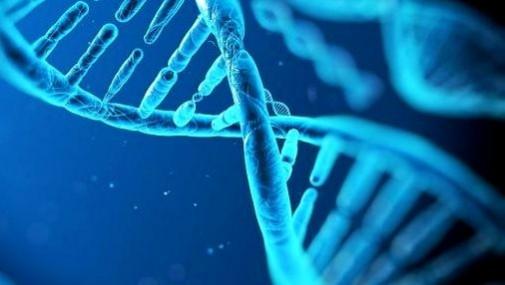
Google Inc. is reportedly working on a new project involving tiny magnetic nanoparticle pills that will detect and destroy cancer and other diseases in the human body.
The pill would contain magnetic particles a thousand times smaller than the width of a red blood cell and approximately ten thousand times smaller than the width of a human hair. These minuscule particles will contain antibodies or protein appended to them and will be able to detect biomarker molecules in the body. Biomarker molecules are responsible for detecting major physical dysfunctions like cancer or heart diseases.
"Essentially the idea is simple; you just swallow a pill with the nano particles, which are decorated with antibodies or molecules that detect other molecules," explained Andrew Conrad, head of life sciences in Google's Baseline Study project, in an interview to WSJD Live Conference a few days ago.
He also added, "They course through your body and because the cores of these particles are magnetic, you can call them somewhere and ask them what they saw."
Conrad explained that these magnetic pills will run through the veins and one can call them anytime by just pulling a magnet over them. That means hand-worn devices like smartwatches can easily put a tap on them detecting all the ailments before they strike.
Human wrist has a few superficial veins that can be trapped simply by putting a magnet there. "We ask them [nanoparticles]: Hey, what did you see? Did you find cancer? Did you see something that looks like a fragile plaque for a heart attack? Did you see too much sodium?" said Conrad.
Launched in July this year, Google's X research lab is reportedly working on many future innovations like self-driving cars, high-altitude balloons for delivering internet and glass-wearable computers. The lab has now has 100 scientists from different disciples like Astrophysics, Chemistry and Electrical Engineering. Google X project has already developed a "smart contact lens" to detect and monitor stages of diabetes.
Google hasn't mentioned how much it has invested in the current project but developed countries like US and UK have already invested $20 billion and $100 billion GBP, respectively.
The project is in its early stages now and Google is yet to discover how many nanoparticles would require making it effective. According to experts, the company would require five to seven years to make this innovation effective.

















